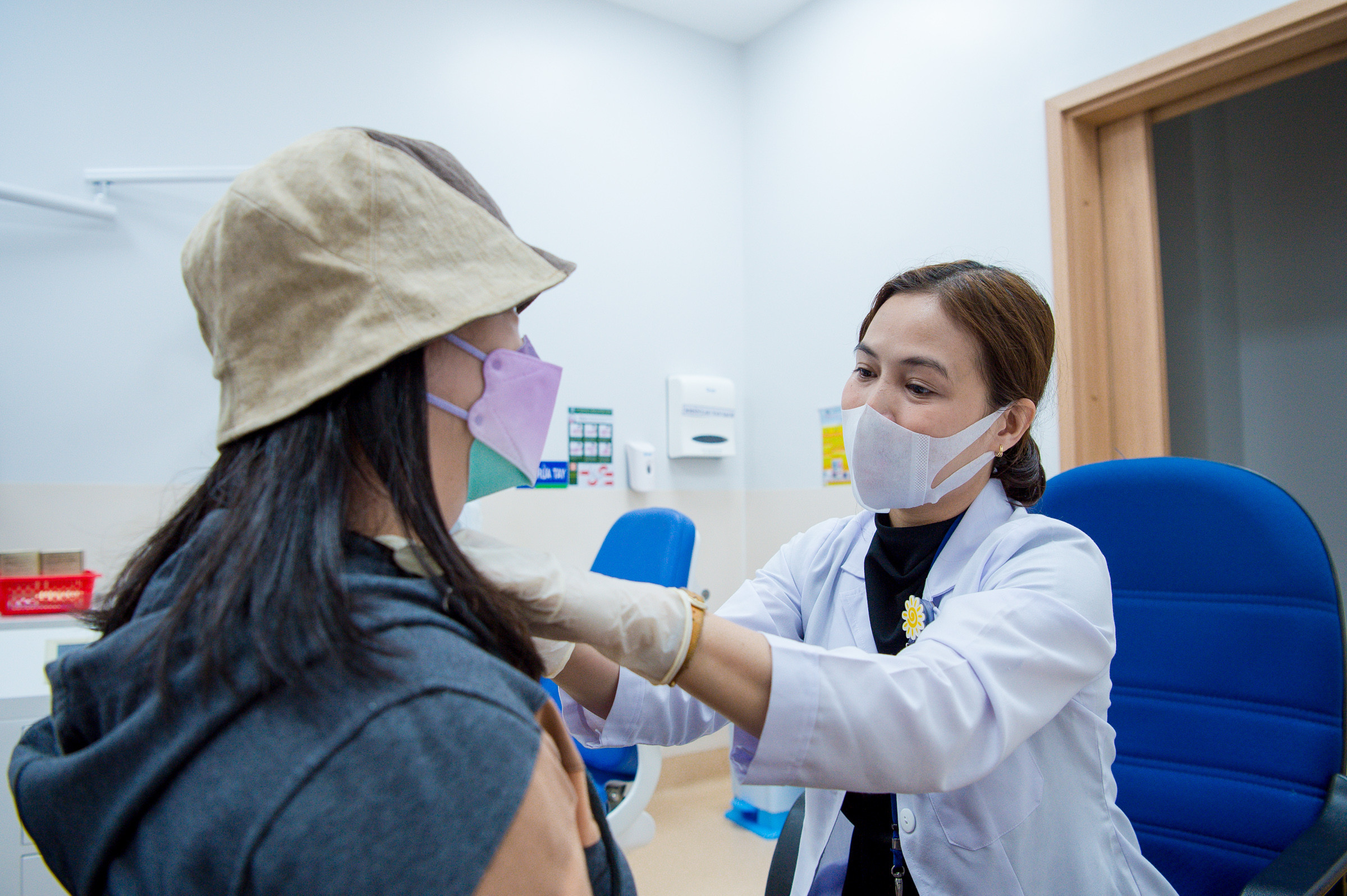
Vo Duc Hieu, deputy director of the HCM City Oncology Hospital, said the starting salary for new graduates is about VND4.2 million a month.
Hieu said a doctor needs to study for six years at university, or two years longer than other university majors. After graduation, they must practice for 18 months to qualify for basic practice.
When they work for specialized or general hospitals, some have to continue to study to be specialists in certain fields and advance to first-level specialist. In general, doctors have to regularly attend refresher training courses to update new knowledge. And the training cost is high.
“With the current starting pay, doctors don’t have an income high enough to cover their basic needs,” Hieu said, proposing that the starting salary needs to be reconsidered.
Phan Minh Hoang, director of the Occupational Disease Treatment and Rehabilitation Hospital, said the wages applied by public medical units are too low. Low wages are also why it cannot encourage practitioners. Moreover, the current regulation on minimum wage and wage coefficients does not represent the real value of wages.
Hoang said that proposing a basic wage increase is a necessity. The basic wages must be high enough for workers to pay for essential goods and services. It is necessary to pay public employees based on their positions and jobs while ensuring reasonable compatibility with the average wage levels in the labor market, and fairness between the public and private sectors.
He noted that healthcare is a special field which requires high professional qualification and thoroughness, so there must be a specific policy for workers in the field.
The overexpenditures of the health insurance fund is also a concern of hospitals. According to Vu Tri Thanh, deputy director of Thu Duc City Hospital, when hospitals operate under the financial autonomy mode, they must have revenue high enough to cover expenses.
However, when hospitals have more patients and higher revenue, they are concerned that they won’t get paid from the health insurance fund. In many cases, hospitals cannot get payment from the fund for services they have provided, and cannot demand payment from patients if they have been discharged from the hospital.
This may lead to hospitals not having enough sources of revenue to pay staff salaries and bonuses, buy more medical equipment, and expand operations.
Linh Giao